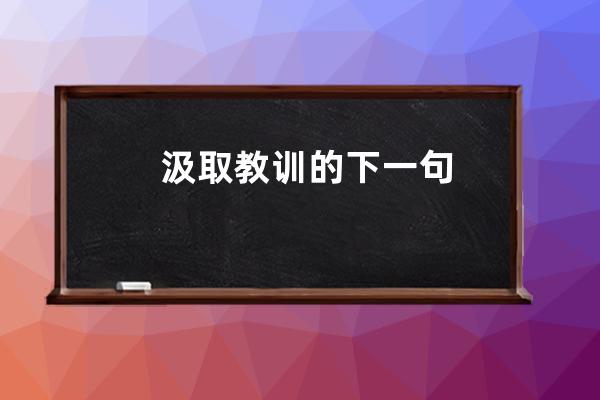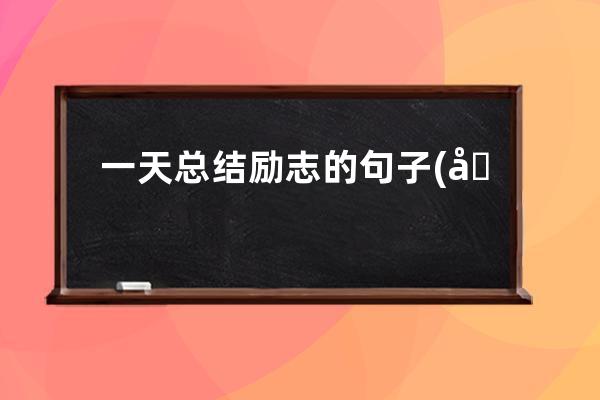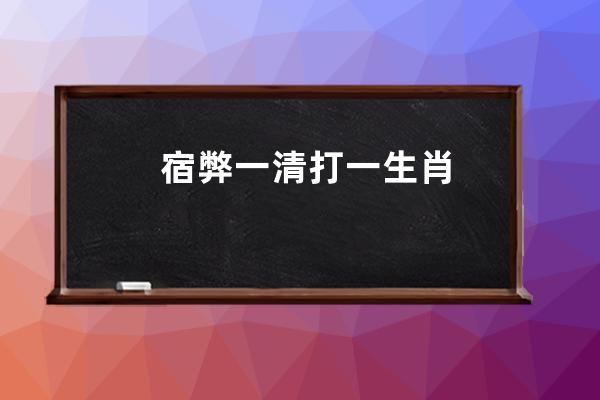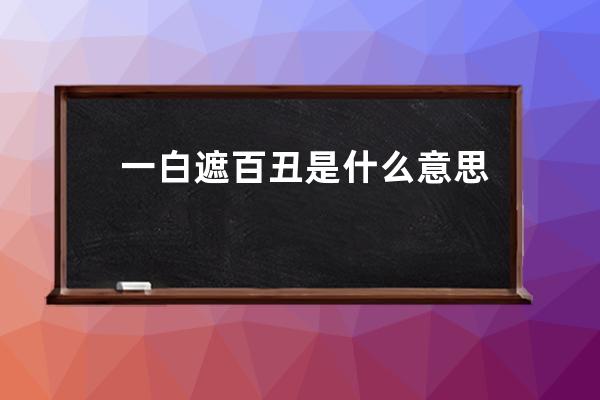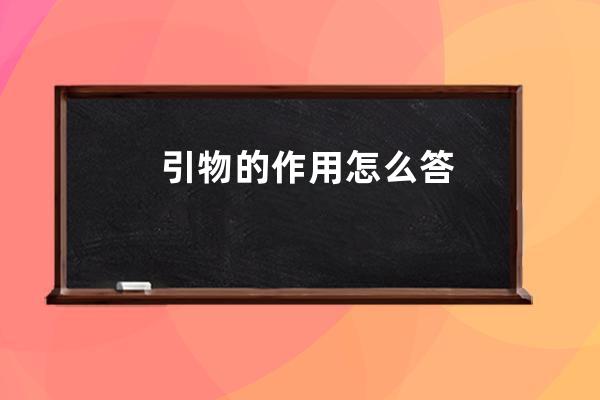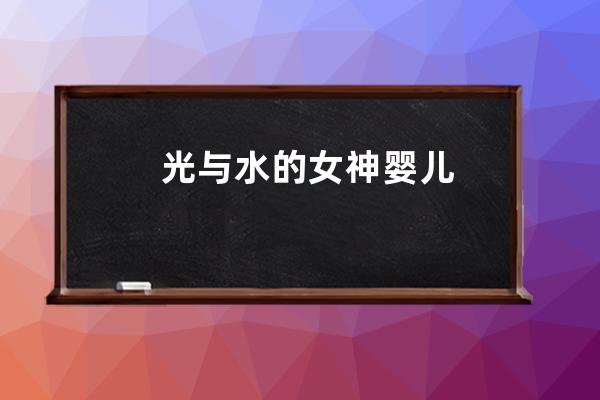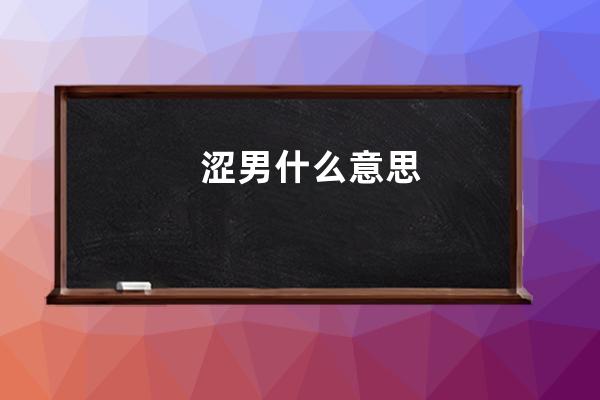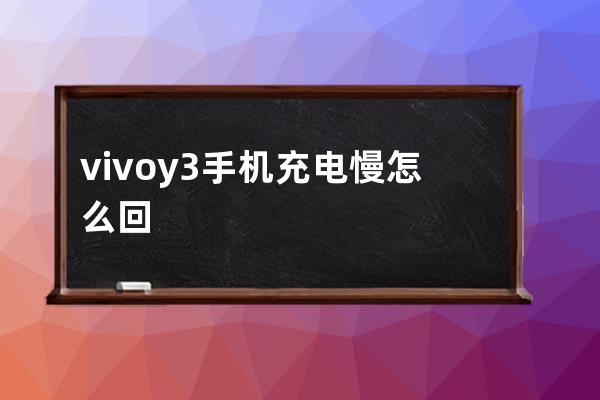一般将来时的句子(一般将来时的句子英语六年级)

什么是一般将来时?
一般将来时是英语中最常用的时态之一。它用来描述将要发生的事情或在未来常常发生的事情。在这个时态中,动词使用一般现在时的形式,并加上“will”或“shall”,例如:“I will go to the store tomorrow.”
一般将来时的用法
一般将来时有多种用法,包括:
- 描述未来的事件、行动或状态:例如“Tomorrow, I will attend the meeting in the morning and then have lunch with my colleagues.”
- 描述未来可能发生的事情:例如“Maybe, I will go to the gym tonight.”
- 做出预测或猜测:例如“I think it will rain tomorrow.”
- 表示意愿、决定或承诺:例如“I promise I will finish this project on time.”
- 提出建议或请求:例如“You will need to study hard if you want to pass the exam.”
常见误用
虽然一般将来时很常用,但还是有一些常见的误用,例如:
- 误用“going to”的结构来代替一般将来时:例如“I am going to finish this project on time.” 这应该是 “I will finish this project on time.”。
- 误用“will”或“shall”的否定形式:例如“I will not go to the party.” 应该是“I won't go to the party.”
- 误用了时态,例如在描述过去或现在的情况下使用了一般将来时。例如“I am tired today. I will sleep well tonight.” 应该是“I am tired today. I will sleep well tonight.”
结论
一般将来时是英语中最基本和常用的时态之一。了解这个时态的用法和常见的误用,将有助于你更准确地表达你的意思。当你要描述未来的事件或行动时,不要忘记使用一般将来时和“will”或“shall”这两个关键词。

声明:本站所有文章资源内容,如无特殊说明或标注,均为采集网络资源。如若本站内容侵犯了原著者的合法权益,可联系本站删除。

